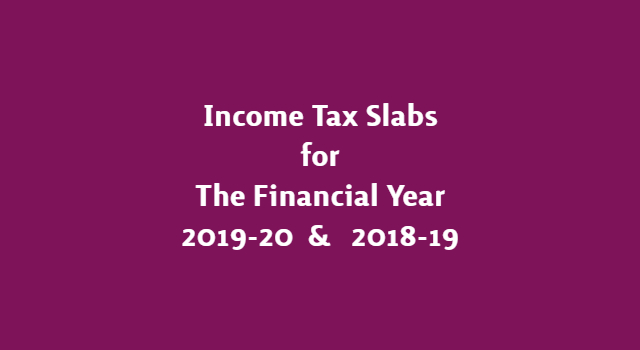What is an income tax return?
An income tax return is a declaration by the taxpayer in a specified form about the details of his income, savings and taxes paid, if any, in a financial year. In this context, income denotes the gross income from salary/wages/ pension/ business/ venture and income from house property. It also includes the income from investments, income from long term and short term capital gains.We need to submit our income tax return before the predetermined due date. So, the IT department can assess the return to find the actual tax liability.
For whom it may compulsory.
Suppose, your gross annual income is more than rupees 250000. After the deduction under section 80C to 80U for your savings or expenses your taxable income comes below the exemption limit i.e. rupees 250000. Thus, your tax liability becomes nil. But, Filing income tax, in this case also, is mandatory for you as per existing IT rules. If you ignore or even you fail to file it before the due date, IT department can levy a penalty on you.
For whom it may not compulsory.
On the other hand, if your gross annual income before any deductions does not cross the basic exemption limit, the filing tax return is not mandatory for you. In this case, you may file your return, only if you desire so. Though income tax filing in this context is not compulsory, you can file your income tax return for some other benefits. Because filing even a nil return has its own benefits too.
Benefits for filing income tax return
- If you previously filed your ITR, you should not discontinue even in case of your tax liability becomes nil to avoid receiving any notice from the income tax department.
- Sometimes your bank may deduct TDS from your savings or investments. But as per your income level, your tax liability is zero. So, you have to file your return to get back your money.
- The acknowledgement of your return is an essential document. It is an income proof certificate. Your bank will ask for IT return for passing your loan to check your financial status.
- For processing your visa you need to furnish your tax returns.
- If the IT department finds that you did not file your return that you have to be filled, you may be penalized of rupees 5000 to 10000. Hence, filing return keeps you free from the anxiety of being penalized
Consequences of late filing income tax return
Income tax return should be filed within the due date. The due date for filing return for the financial year 2018-19 is 31st July 2019. It may be extended.
If you fail to file your income tax return before the due date declared by the CBDT (Central Board of Direct Tax), Income Tax Department can impose a penalty of Rs. 5000 upon you. Even, the penalty may raise to Rs. 10000 under section 271(1) unless you complete your filing your return within 31st December. Here to mention that if your taxable income is not more than rupees 500000, the maximum amount of penalty will be rupees 1000 only.





0 Comments